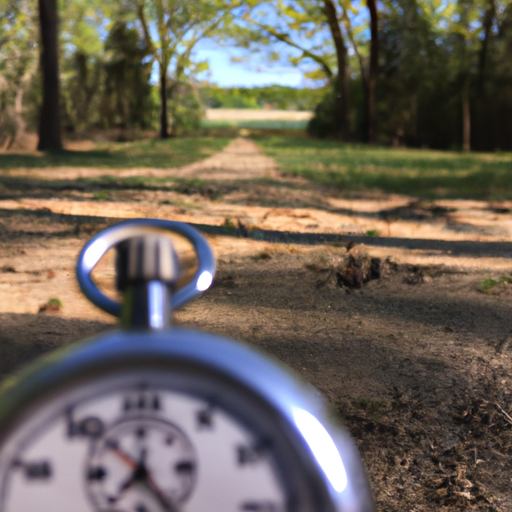Walking a dog is an essential part of owning a pet. It provides them with exercise, stimulation, and a chance to bond with you. But how long should you walk a dog? Let’s delve into this topic.
Understanding Your Dog’s Needs
First and foremost, the duration of a dog’s walk depends on its breed, age, and health. Generally, most dogs should be walked at least once a day, but some dogs may require more. The following table provides a general guideline for how long to walk a dog:
| Breed Type | Age | Duration |
|---|---|---|
| Small Breeds | Young | 30 minutes |
| Small Breeds | Adult | 60 minutes |
| Small Breeds | Senior | 15-30 minutes |
| Large Breeds | Young | 60 minutes |
| Large Breeds | Adult | 120 minutes |
| Large Breeds | Senior | 30-60 minutes |
Remember that these durations are approximate. Your dog may need shorter or longer walks depending on its individual needs.
The Importance of Walking Your Dog
Walking your dog is not only beneficial for its physical health, but also its mental well-being. Here are a few reasons why:
- Exercise: Dogs, particularly young and active breeds, need plenty of exercise to maintain a healthy weight and good overall health.
- Mental Stimulation: Walks provide dogs with the chance to explore their environment, which can help to keep them mentally stimulated.
- Socialization: Walks can also offer opportunities for dogs to meet other dogs and people, which can help them to become more comfortable in a variety of social situations.
- Bonding Time: Lastly, walks can serve as quality bonding time between you and your dog.
How to Enhance Your Dog’s Walk
Now that you understand the importance of walking your dog, let’s take a look at some ways to make the walk more beneficial and enjoyable for your dog:
- Vary your routes: Changing up your walking routes will give your dog the chance to explore new scents and sights.
- Allow sniffing: Let your dog take the time to sniff around. This is how they gather information about their environment.
- Incorporate training: Use walks as an opportunity to practice commands and reward good behavior.
Overexertion: Signs and Symptoms
While walking your dog is important, it’s equally essential not to overexert your pet. Here are some signs that your dog may be getting too much exercise:
- Excessive panting or difficulty breathing
- Signs of pain or limping
- An unusually slow or fast heartbeat
- Extreme thirst
- Lack of coordination or disorientation
Adjusting Walks for Puppies and Senior Dogs
Puppies and senior dogs require special consideration when it comes to walks. Puppies have a lot of energy and may need several short walks, along with playtime each day. Senior dogs, on the other hand, may not have as much energy and might find long walks challenging. As a general rule:
- Puppies can usually handle about 5 minutes of exercise for each month of their age up to twice a day.
- In the senior years, dogs may require shorter, more frequent walks.
FAQ
Q: How long should I walk my small breed dog?
A: As a general guideline, a young small breed dog might need around 30 minutes of walking, an adult around 60 minutes, and a senior between 15-30 minutes.
Q: What if my dog is reluctant to walk?
A: If your dog is suddenly reluctant to walk, it could be a sign of a health issue. Consult with a veterinarian to rule out any potential medical problems.
Q: Can I walk my dog twice a day?
A: Yes, it’s a good idea to split the total walk time into two walks.
Q: How can I make my dog’s walk more interesting?
A: You can vary your routes, allow time for sniffing, and incorporate training into your walks.
Remember, every dog is unique and may have different walking needs. Always consult with a vet if you have concerns about your dog’s health or exercise routine.



